Contents
In many ways becoming debt free is rather like getting in shape. It requires a little bit of discomfort initially until you get used to your new lifestyle but the results at the end can be spectacular.
Yet ask yourself how many people you know (yourself included?) who talk about how they’d love to get in shape, lose weight and fit into that favorite old outfit? Yet they’ve still to get started. Furthermore, consider how many people that have started off a new fitness regime have given up after a matter of weeks – even if they were making real progress.
When it comes to the question of how to become debt free, the basic principles of spending less than you earn, reducing your living expenses and using the surplus cash to rapidly pay off your debts is simple enough. Just like losing weight really – eat fewer calories and exercise more and you’ll get there with enough patience.
That’s not the problem – the real problem is how to get – and stay – motivated long enough that you achieve your goals.
How To Become Debt Free: 5 Proven Motivational Tips
That’s right folks – when it comes to the question of how to become debt free, I believe that motivation is one of the biggest keys to success. But if it’s so important, what can we do to motivate ourselves over the long term?
Set Goals
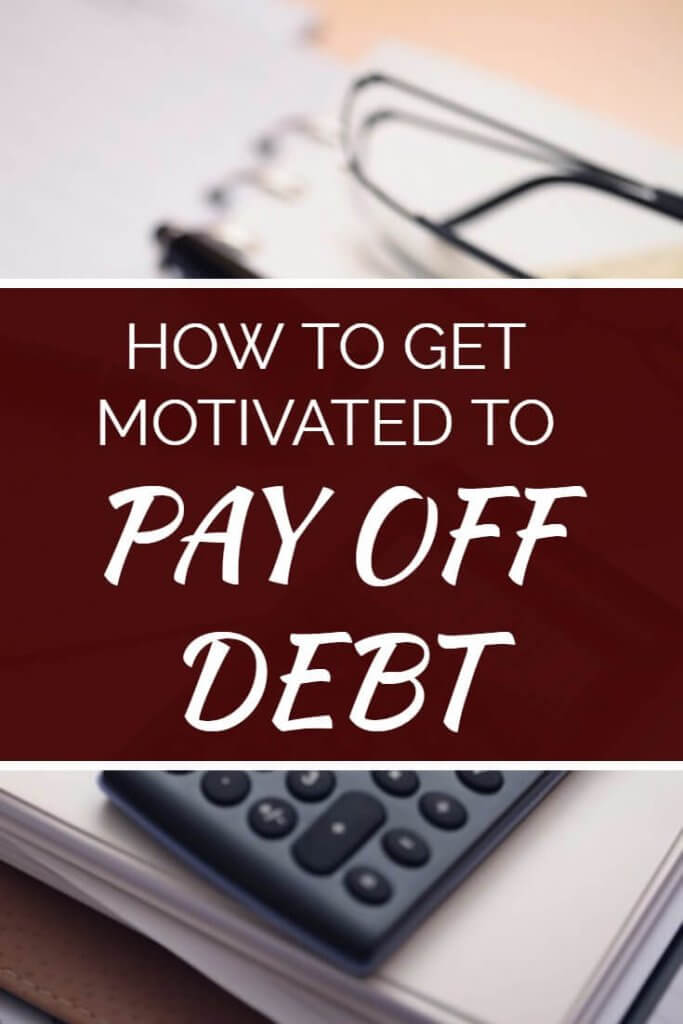
That’s why so many more people succeed with a diet just before they fly off on vacation or get married: because they have a definite end date to aim for.
So it is for becoming debt free. Spend some time working out a reasonable budget so you know how much you can afford to spend on debt repayment (the more the better, obviously).
Then, with a good understanding of what debt you have, you can use one of the various free debt repayment calculators to figure out when you’ll be debt free.
But there’s more. Don’t just figure out the final month you should be free of debt; additionally look at smaller goals.
For example if you have two credit cards and a student loan to repay, make note of when each of these individual debts will be paid off.
In my experience of getting out of debt, every time you make the last payment on a debt fires up your motivation to get the next one cleared as soon as possible. That’s why Dave Ramsey recommends the “debt snowball” and paying off debts from the smallest to the largest so you can see the progress you’re making.
Make A Plan
The risk with big goals is that they can seem so insurmountable that it’s easy to get demotivated and believe you’ll never reach them.
Imagine if you needed to lose 4 stone to achieve your target weight, or pay off $70,000 in non-mortgage debt. That’s a hell of a lot and it’s easy to feel overwhelmed and that even your best efforts are never going to get you to your goal.
But you’d be wrong. An essential key for long-term motivation is breaking down a huge problem into smaller chunks that are far easier to achieve. And assuming you do this right, all you need to do is to target these smaller goals and eventually you’ll wake up one morning to find yourself debt free.
Fortunately the process is pretty simple. You know how much debt you have and what you’ll be paying off each month. You know the interest rates of these debts and you know, taking interest rates into account, when each of these debts will be paid off.
So now break down your giant goal of how to become debt free into smaller baby steps. Personally when paying down my debt, I found it tremendously useful to create a spreadsheet showing how the balances of my debts would reduce every month.
By having a plan – and then entering in the real figures – you’ll be able to watch as that debt drops away and your goal gets ever closer. Every month when you make the next payment you can enter it in your spreadsheet or notebook and know that you’re moving in the right direction.
And every month you make your planned payments is another step closer to the end.
Track Your Progress
Having a plan is all well and good but to really use it to your advantage you need to religiously track your results. Personally, I would sit down at the end of every month, whenever I got paid, send off the latest debt repayments and update the balances on my spreadsheet.
The whole process took a matter of minutes but provided a “running total” of not only my outstanding debt but also how close I was getting to my goal of being debt free.
When I started treating the process of paying off debt as a game, the process of how to become debt free started to actually become fun. Every month when I sent the next payments and updated my spreadsheet, I tried to beat my target. To pay off just a little more than last month. To watch those balances drop just a little more than my plan.
Believe it or not, all of a sudden receiving credit card bills and car payment statements actually started to become enjoyable! Rather than leaving them festering on the coffee table for days before I dared opening them, I’d rip the little beauties open the moment they came through the door! Getting that constant feedback, seeing those balances shrinking away and watching my minimum payments dropping was a fantastic feeling!
Infact, one of my credit card providers even offered to text you your balance from time to time so I even signed up for this! Every text from them brought a smile to my face as the numbers became more and more insignificant!
Visualize The Results
Becoming debt free is an amazing goal – and one that few people really experience. Even supposedly “wealthy” people with their big houses and expensive cars will hold some kind of debt – maybe lots of it.
I know of someone who I thought was very wealthy – until they admitted their lifestyle cost so much and they had so much debt that they were three months behind with their mortgage and considering declaring bankruptcy.
One motivational technique that many professional athletes use is to visualize what it will be like to succeed. How they’d feel as they crossed the finish line in first place. The pride in their results. The satisfaction of knowing they’d done a good job.
And the same can be said for the quest to become debt free. Try to imagine what it’ll feel like not to have to send so much of your wage check off to a faceless financial institution. Imagine the freedom you’ll have to make decisions about your finances – and your life – without being obligated to anyone else.
Try re-working your budget, eliminating all those debt repayments, and see just how little money you’ll be able to live on in the future. Imagine all the amazing things you can do with that surplus of cash. Go on – what will you do with it?
Then keep those mental images in mind. Revisit them and revitalize them on a regular basis so you can feel in the very core of your being exactly what you’re working towards and why this short-term sacrifice is so worthwhile.
Reward Yourself
Lastly, consider rewarding yourself from time to time. This is one reason why so many diets offer a “free day” each week – simply because if you can stuff yourself with pizza and ice cream once a week it’s easier to stay on the “straight and narrow” the rest of the week. And by eating clean the rest of the time you can still achieve amazing things.
Initially, when you’re trying to become debt free, part of the challenge can be sending off money to your creditors that you’d rather spend on other things. It’s a painful process that can require considerable self discipline. Rather like living on nothing but salad for the foreseeable future.
But if you set yourself specific goals then why not offer yourself a little treat when you hit these? Examples might be a reward every time you totally clear a debt, or every time your combined debt goes down by another $2,000 or whatever.
Personally speaking, as my journey to become debt free took so long (4+ years) I decided I would keep on paying as much as possible, every month except December. Then, each Christmas I’d pay just the minimums on my debts and spend the rest of the money that month on creating the best, most luxurious and enjoyable Christmas possible.
Two weeks of non-stop food, fun, family and parties was an incredible reward – and by New Year I was ready to renew my dedication to becoming debt free and get those balances moving again in the right direction.
The exact process isn’t important. The specific goal doesn’t matter. The secret is to consider your circumstances and your personality and decide on what the goal should be and when you should indulge in it guilt-free.
Why are you working so hard to become debt free? What are your goals once you finally get there? Please leave a comment below with your thoughts…



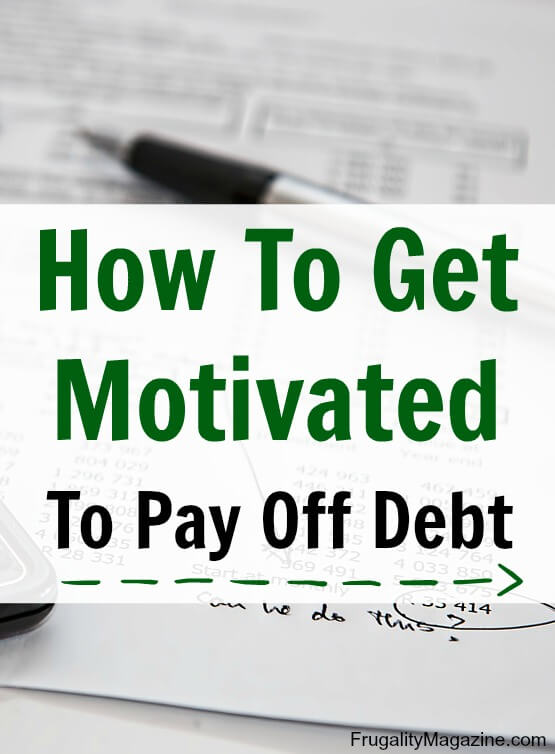

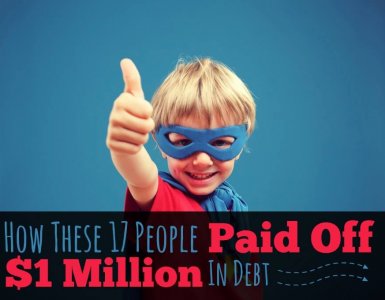
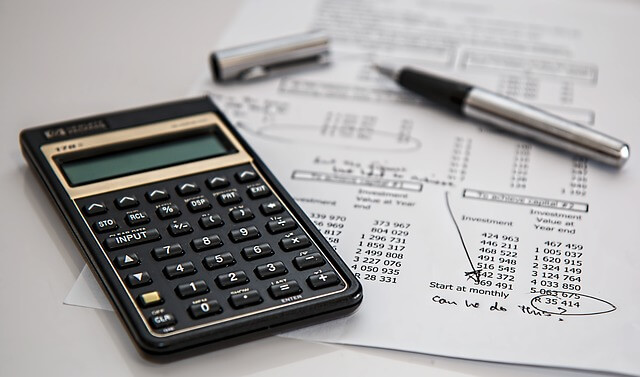
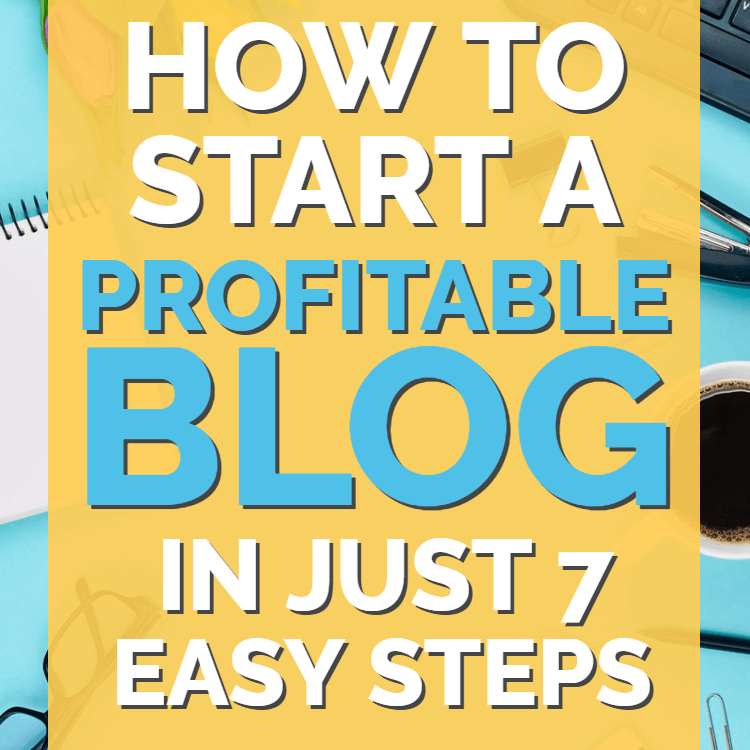


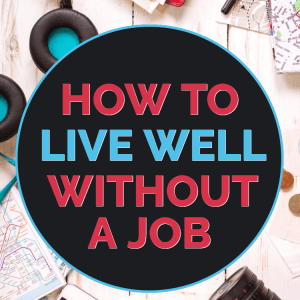
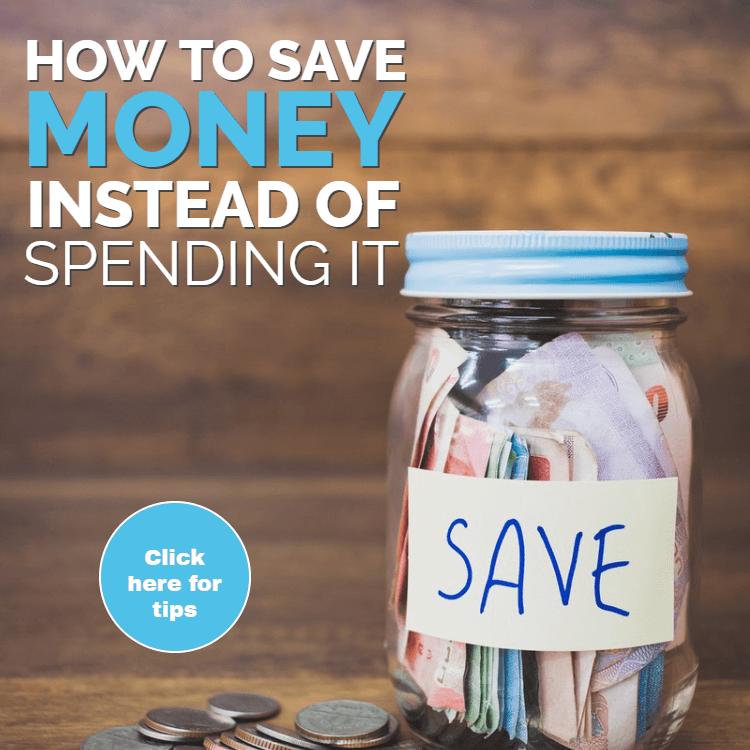
Setting and tracking your goals is a must if you want to get debt free in any sort of half decent time frame. I like to use the SMART methodology to set goals so that I know I am setting good and meaningful goals.
Thanks for stopping by Glen 🙂
You’re right – it’s all too easy to simply say “I want to be debt free” but having a concrete plan is important to really create a framework for achieving those goals.
Thanks for sharing.
What is the SMART method?
Beth – Glen is referring to S.M.A.R.T. as an acyronym – meaning goals that are…
– Specific
– Measurable
– Achievable
– Realistic
– Time-targeted
In other words these are very detailed goals rather than just a general wish to pay off debt or increase savings. By setting specific goals with time-limits you put yourself under a little pressure to achieve them more successfully.
Making goals is a really important thing to do. I’m a big fan of the snowball approach to debt payoff, it is so motivating once those smaller debts start to disappear!
I completely agree Hayley – the debt snowball method is a very powerful thing indeed. Thanks for sharing 🙂
[…] Adams @ Frugality Magazine writes How To Become Debt Free: Getting Motivated To Pay Off Debt – When it comes to the question of how to become debt free, I believe that motivation is one […]
Setting goals is key to getting out of debt, in my opinion. You can’t formulate a plan until you know what you’re working towards. That, and it makes it easier tracking your progress, because you know where you are in relation to your goal.
I couldn’t agree more Ryan. Planning is key – but it’s also pretty scary the first time you add up all that you owe 😉
[…] personal finance bloggers claim that you need to be reducing your costs and becoming more frugal to pay off debt rather than earning more money. But this is a convincing argument, and from my own experiences I […]
Richard, I love your idea about taking a couple of weeks off at Christmas to reward yourself with some splurges. We have quite a bit of debt to pay off, so I can see that being a good plan for us too. Thanks for the great insight here!
Laurie – I think *everyone* needs to splurge just occasionally or we’d go mad 😉 The trick – as I see it – is to control and manage those impulses so they don’t hamper your progress.
Hi Richard
Congratulations on achieving your goal and getting your debt paid in 4 years! That is a long time and one that I’m very familiar with as we will be 6 years in total by the time we’re done. I know how much dedication and stamina you must have to make that happen.
Wishing you every success in your savings goals! A much more fun payback on frugalness!
Thanks Debs – I certainly agree with you what a great feeling it is 🙂
[…] yet, as I type these words to you right now, I’m debt free. I got there. I beat those emotions. It wasn’t easy, but I […]
Thank you for sharing the article. Hope to more hear from you.
[…] I was becoming debt free myself I struggled again and again with this problem. I watched my friends buying more and more […]
[…] thing is that once you’re debt free you really can start taking strides towards a life like this. You can start making realistic plans […]
[…] took considerable self-discipline and I don’t mind admitting that I fell off the band-wagon several times in those early days as I […]
Hi Richard,
Thanks for sharing, this was very helpful. I need to create a plan,and create my budget. You have inspired me to get started. Please continue to share.
Thanks Caroline 🙂